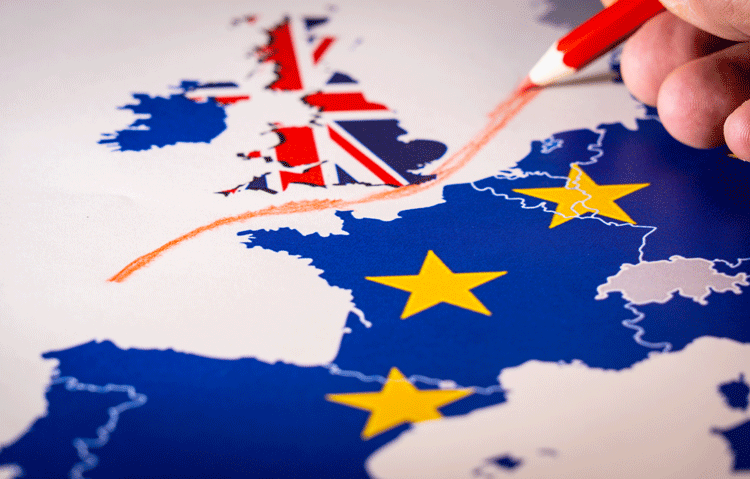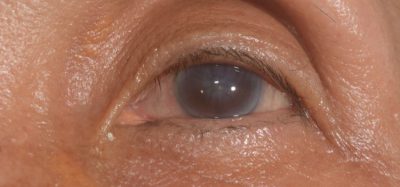MHRA announces EU exit no-deal legislative proposals
Posted: 4 January 2019 | Nikki Withers | No comments yet
Innovators should be able to get products to the UK market as quickly and simply as possible, according to the Medicines and Healthcare products Regulatory Agency…


Pharma companies will be able to amend packaging and leaflets for a product already on the market until the end of 2021, according to the Medicines and Healthcare products Regulatory Agency (MHRA) in response to an EU exit no-deal legislative proposals consultation.
There will also be free scientific advice, including for orphan medicines, for UK-based small and medium-sized enterprises (SMEs) if there is no Brexit deal.
The MHRA consulted on how medicines, medical devices and clinical trials would be regulated in a no-deal scenario and published their key arrangements on 3 January 2019.
Dr Ian Hudson, Chief Executive Officer at the MHRA said: “We are committed to giving businesses and individuals as much certainty as possible, as soon as possible to make sure the UK continues to be at the forefront of regulatory innovation and processes.”
Key arrangements include a targeted assessment of new applications for products containing new active substances or biosimilars which have been submitted to the EMA and received a Committee for Medicinal Products for Human Use (CHMP) positive opinion, full accelerated assessment for new active substances and conversion of Centrally Authorised Products (CAPs) to UK Marketing Authorisations (Mas).
“The MHRA’s vision for the future of medicines and medical devices regulations is underpinned by three clear principles, that patients should not be disadvantaged, that innovators should be able to get products to the UK market as quickly and simply as possible, and that the UK continues to play a leading role promoting public health,” says Dr Hudson.
For medical devices the key arrangements include, for a time-limited period, devices that have a CE mark from a notified body based in the UK or an EU country will continue to be recognised by UK law and allowed to be placed on the UK market and an expansion of the MHRA’s registration system to all classes of medical device.
For clinical trials, the key arrangements include continuing to recognise existing approvals so there will be no need to re-apply, requiring the sponsor or legal representative of a clinical trial to be in the UK or country on an approved country list which would initially include EU or EEA countries and aligning, where possible, with the EU Clinical Trials Regulation when it applies.
“The responses to our consultation have helped us prepare a robust plan to make sure our regulatory processes for medicines, clinical trials and medical devices are fit for purpose on exit day,” concludes Dr Hudson.
The MHRA notes that these proposals are still subject to parliamentary approval of the relevant statutory instruments that are required to bring these proposals into law.
Further detailed guidance is available in the Further guidance note on the regulation of medicines, medical devices and clinical trials if there is a no Brexit deal.
Related topics
Brexit, Drug Markets, New Drug Application (NDA), Packaging, Regulation & Legislation, Research & Development (R&D)









